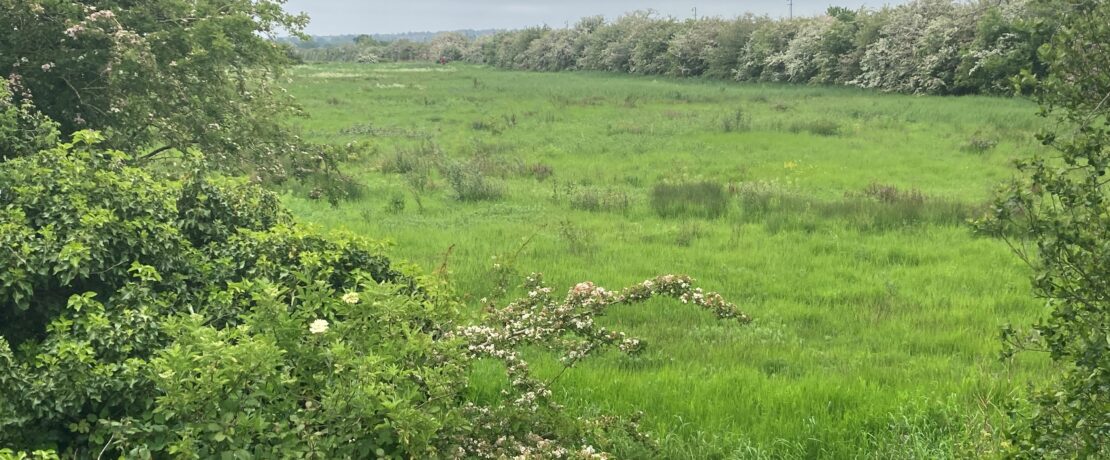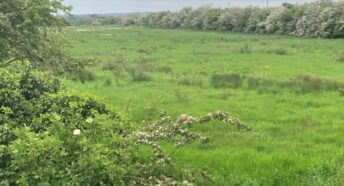We join coalition in calling for withdrawal of flawed Sea Link proposal
CPRE has joined a coalition of conservation organisations and local campaign groups in writing to the Examining Authority asking that National Grid’s Sea Link Development Consent Order (DCO) application be withdrawn, citing serious legal, procedural and environmental failings.
The coalition also includes Kent Wildlife Trust, Suffolk Energy Action Solutions, Save Minster Marshes, Seal Research Trust, British Divers Marine Life Rescue, Suffolk Preservation Society, Walberswick Against Lion Link, Saxmundham Against Needless Destruction and Sir Roger Gale, MP Herne Bay and Sandwich.
Sea Link is a proposed £1.1 billion high-voltage subsea cable project designed to connect Suffolk and Kent to strengthen the UK’s electricity grid. The cables are due to make landfall at two highly sensitive locations: RSPB’s North Warren nature reserve in Suffolk and Kent Wildlife Trust’s Sandwich and Pegwell Bay National Nature Reserve.
Both sites sit within landscapes of multiple national and international conservation designations. In Suffolk, the plans include a 26-metre-high converter station near Saxmundham, while in Kent proposals include a 28-metre-high converter station and associated infrastructure at Minster Marshes.
The letter highlights serious legal, procedural and environmental failings in the application, as documented by the Examining Authority in correspondence on July 8 and August 5, 2025. With more than 500 documents, the DCO application contains fundamental errors and omissions, including:
- inadequate ecological surveys
- factual errors in reporting, missing or inconsistent documentation
- failure to meet statutory consultation requirements
The coalition warns that the sheer volume of flawed material places an unreasonable burden on charities, local authorities and communities, who must spend time and resources cross-checking an application that should have been complete and reliable at the point of submission.
The group is also alarmed by the lack of robust environmental baseline data, including incomplete surveys for protected species, inadequate land proposed for mitigation requirements and insufficient impact assessments, despite repeatedly requesting this information at the pre-application stage. National Grid, fully aware of these gaps, submitted its application regardless.
There are also major concerns about the risks posed by trenchless drilling techniques near internationally protected wildlife sites, including uncertainties around the feasibility of undertaking such methods and the potential for drilling fluid leakage or maintenance-related impacts, alongside the absence of credible plans to protect critical habitats such as saltmarsh.
The signatories argue that the application is not fit for examination and warn that allowing it to proceed would undermine the integrity of the Nationally Significant Infrastructure Projects (NSIP) process set out in the Planning Act 2008. We are calling for National Grid to withdraw the current application and resubmit only once it is legally, procedurally and environmentally sound.









